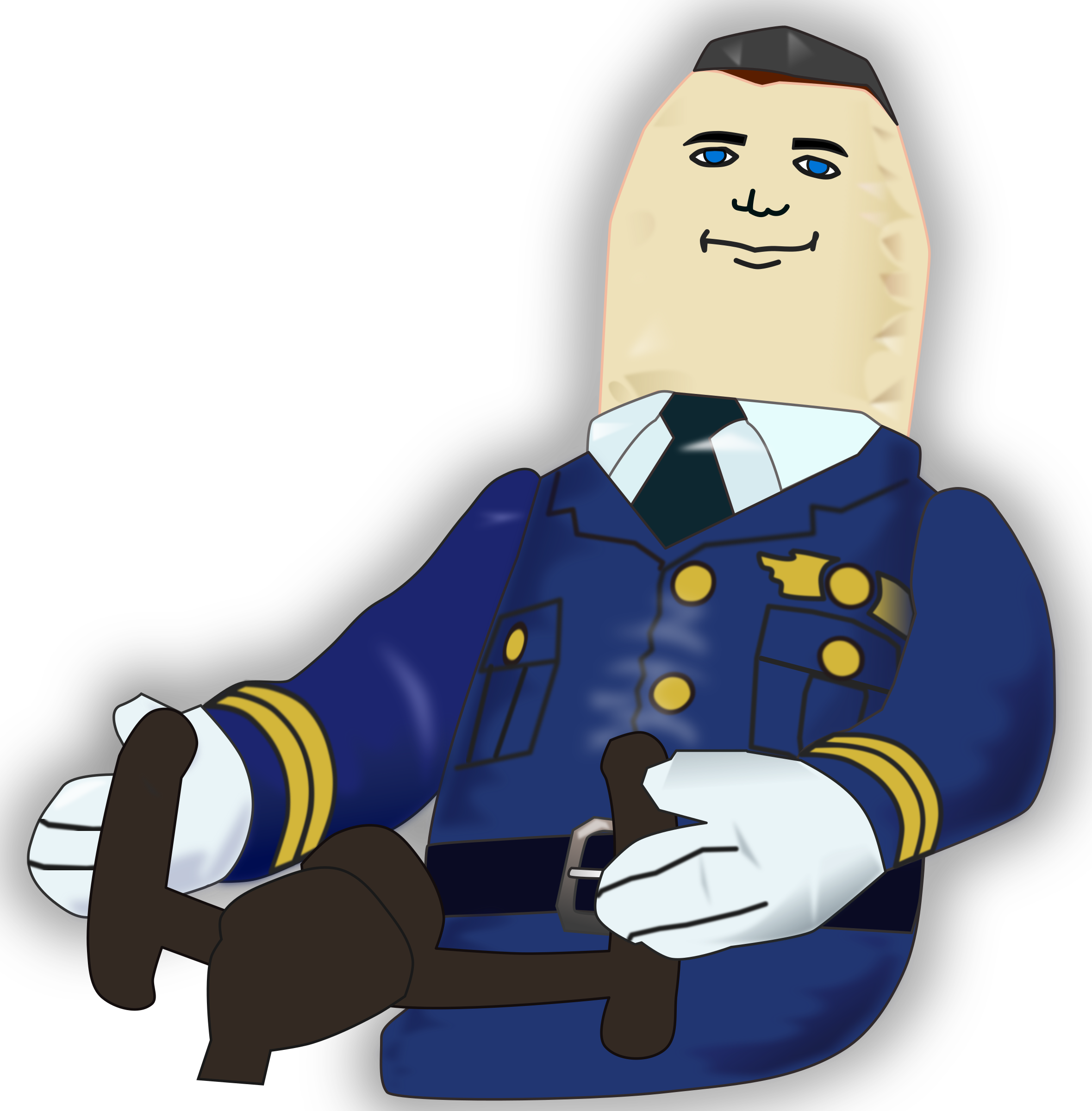Artificial Intelligence: The Perfect Pilot?
By Scott Spangler on June 19th, 2017 On the eve of the Paris Air Show, Boeing announced its next step in developing an autonomous airliner. With artificial intelligence (AI) making the decisions of a perfect pilot, said a number of different sources who covered the Boeing media session, the initial experiments will fly simulators. Because Boeing will conduct further experiments in a real, live, flying airliner next year, my guess is that the sim flights will be final confirmation of existing AI technology.
On the eve of the Paris Air Show, Boeing announced its next step in developing an autonomous airliner. With artificial intelligence (AI) making the decisions of a perfect pilot, said a number of different sources who covered the Boeing media session, the initial experiments will fly simulators. Because Boeing will conduct further experiments in a real, live, flying airliner next year, my guess is that the sim flights will be final confirmation of existing AI technology.
Reading the various reports of Boeing’s announcement, the Seattle Times’ report was the most thought provoking. Acknowledging that the technology for block-to-block flights already exists, the aerospace reporter, Dominic Gates, said the AI challenge was considerable: “Think about a machine that could do what US Airways Capt. Chesley Sullenberger did in New York City in 2009.” And he posed other challenges the AI perfect pilot might have to address, such as diverting a flight in response to a passenger facing a medical emergency.
There’s no denying the challenges the AI programmers face, but if they orphan the emotional cousins of ego and hubris, they will achieve their goal and aviation AI has a better than even chance of success in achieving a perfect pilot safety record. (The aviation pros I feel for will be the technicians who maintain these systems, because the onus of safety will be largely on their shoulders.)
 I’ve never had the honor of meeting Capt. Sullenberger, but judging him by his decisions that day, he is an uncommon aviator who ruthlessly deals with conditions and situations as they are, not as he might hope them to be. Drawing on his knowledge of aircraft performance, his altitude and position, and an uncountable number of other factors, he turned final approach to the best option available to him. There’s no reason to believe that AI’s decision making in similar circumstances wouldn’t be as logically pragmatic.
I’ve never had the honor of meeting Capt. Sullenberger, but judging him by his decisions that day, he is an uncommon aviator who ruthlessly deals with conditions and situations as they are, not as he might hope them to be. Drawing on his knowledge of aircraft performance, his altitude and position, and an uncountable number of other factors, he turned final approach to the best option available to him. There’s no reason to believe that AI’s decision making in similar circumstances wouldn’t be as logically pragmatic.
The AI outcome for a medical emergency could be even better. After the flight attendant conveyed the particulars of the passenger’s medical emergency to AI cockpit, the perfect pilot, which always knows exactly were it is, would quickly search some database for the nearest airport served by the hospital best suited to deal with it and then notify everyone involved of what was needed when and where.
When this system is certificated, I would happily fly with an AI perfect pilot, but only if the airlines change course on their coach class accommodations. After reading Paying the Price for 8 Days of Flying in America, I have no doubt that if this ever happens, it will be ages after AI’s perfect pilot took its place at the pointy end of the winged cattle car. – Scott Spangler, Editor.
Related Posts:







July 19th, 2017 at 2:41 am
The example of Cpt. Sullenberger features a fact that is often neglected in those discussions. Maybe in this special case there might be a technical solution which might have met the right decision plus performed the necessary steps correctly. But, there will always be scenarios out of the normal which haven’t been considered by programmers, it’s simply not possible to cover every crazy mud of nature, high tech, aerodynamics etc, and in most real cases a combination of all of them.
Basic as well as professional flight training consists of normal procedures at about 20%. the other 80% are aiming at dealing with unusual and emergency situations and circumstances. At this day it’s not a big deal to let the computers fly the aircraft from A to B, but in fact it is impossible to prepare them for any thinkable and unthinkable unusual situation. Just think about all the sensoring systems necessary for that task, which ecxeed feasibility to this day by far, not to mention the networking of all necessary data in a failsafe way.
I guess denying the fact that despite any human deficiciency no technical systems come even close to human sensoring and data processing performance, has become part of our contemporary limitless childish faith in technical abilities. And I’m writing this as a pilot and a maintenance engineer myself.